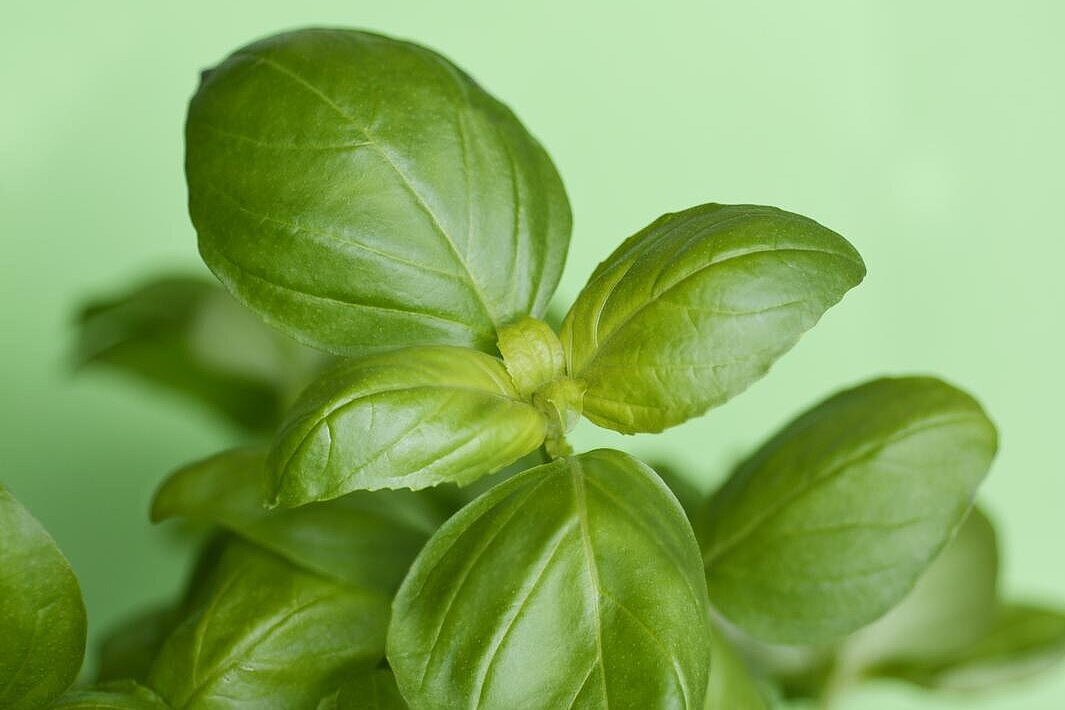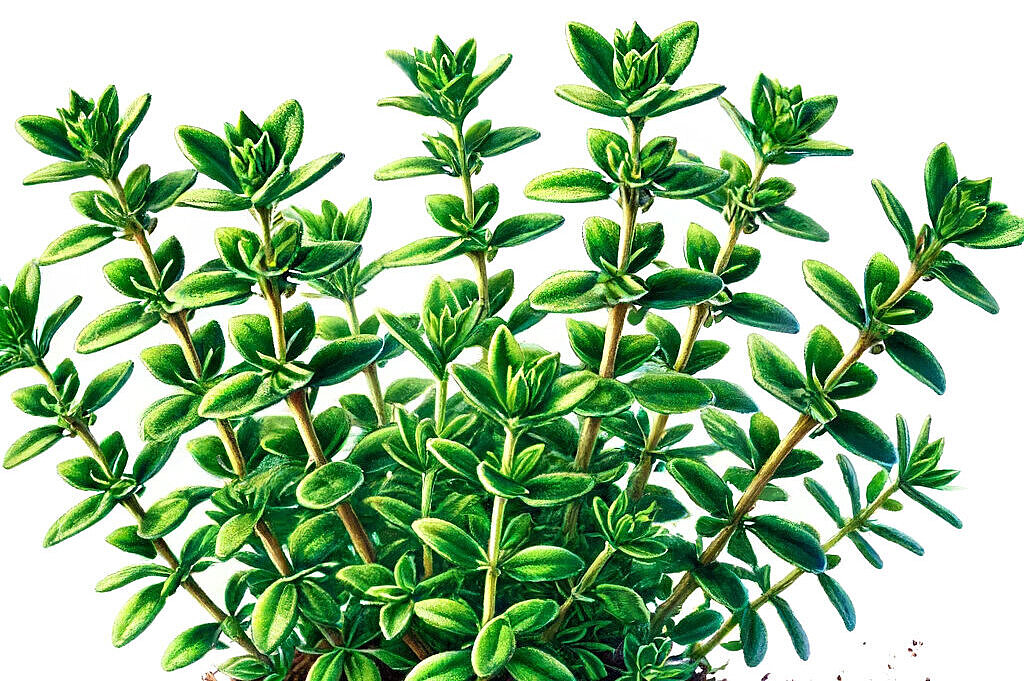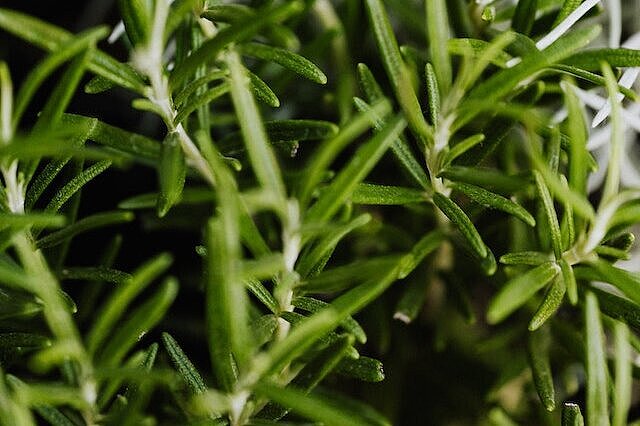Coriander seeds

What are coriander seeds?
Coriander seeds are the dried fruits of the coriander plant, also known as Chinese parsley or cilantro. The plant belongs to the umbellifer family and is related to carrots, fennel and celery. The seeds have a warm, spicy and slightly lemony flavor and are often ground to make a spice that is used in many dishes.
How are coriander seeds good for dogs?
Coriander seeds have many health benefits for dogs, both as a whole and as a spice. Here are some of them:
- Coriander seeds can aid your dog's digestion by relieving bloating, cramping and nausea. They contain fiber, which can stimulate bowel movements and prevent constipation.
- Coriander seeds can improve your dog's oral health by fighting bacteria that can cause bad breath and gingivitis. They also have a refreshing effect on your dog's breath.
- Coriander seeds can boost your dog's immune system by being rich in antioxidants that can neutralize free radicals and prevent cell damage. They also contain vitamin C, which supports your dog's defenses.
- Coriander seeds can improve your dog's skin and coat health by reducing inflammation and soothing skin irritation. They also contain zinc, which is important for wound healing and hair quality.
Are there any disadvantages or risks to feeding coriander seeds to dogs?
Coriander seeds are generally safe and harmless for dogs as long as they are fed in moderation. However, too much coriander can lead to some side effects, such as
- Upset stomach: if your dog eats too much cilantro at once, he may experience diarrhea or vomiting. This is because coriander increases stomach acid production and can irritate the stomach.
- Allergic reaction: Some dogs can have an allergic reaction to coriander, which can lead to skin rashes, itching or breathing difficulties. However, this is very rare and usually only occurs in dogs that already have a known allergy to other plants in the umbellifer family.
- Blood clotting disorder: Coriander has a blood-thinning effect, which can increase the risk of bleeding. This can be problematic for dogs with blood clotting disorders or those taking blood-thinning medication.
How can I safely feed coriander seeds to my dog?
If you want to feed coriander seeds to your dog, you should follow some tips to do so safely and effectively:
- Start with a small amount: To see how your dog reacts to coriander, you should only give him a pinch or a teaspoon at first. Watch him for possible side effects and gradually increase the amount if he tolerates it well.
- Grind the seeds: To aid digestion and absorption of the nutrients, you should grind the coriander seeds into a fine powder before giving them to your dog. You can also buy ready-ground coriander sold as a spice.
- Mix it with food: To enhance the flavor and aroma of coriander, you can mix it with your dog's food, whether wet or dry. You can also make homemade treats with coriander by combining it with other ingredients such as oatmeal, peanut butter or banana.
- Don't feed too often: To avoid overdosing or habituation, you shouldn't give your dog coriander every day. Once or twice a week is enough to reap the health benefits.
Coriander seeds are a great supplement for dogs, offering many health benefits. They can improve your dog's digestion, oral health, immune system and skin and coat health. They are also delicious and flavorful and can spice up your dog's food. As long as you feed them in moderation and watch out for possible side effects, you can safely give your dog coriander seeds. Give it a try and see how your dog reacts!
If you notice any signs of hypersensitivity or poisoning in your dog, you should see your vet immediately. We are not a substitute for a vet, but we try to be as accurate as possible. Every dog reacts differently and we recommend you get a second opinion or consult your vet if in doubt.
Stay healthy and take good care of your four-legged friend!😊
Similar to Coriander seeds
Parsley root belongs to the umbellifer family, which also includes carrots, celery and parsnips. It originally comes from the eastern Mediterranean and North Africa and was already cultivated as a...
Basil is a green herb that belongs to the labiate family. There are many different varieties of basil, including the classic Genovese basil and the sweet basil. This herbal ingredient has a...
Thyme belongs to the labiate family and grows mainly in the Mediterranean region. It has small green leaves and pink or white flowers that attract many bees. Thyme contains essential oils such as...
Rosemary is a spice plant that is widely used in Mediterranean cuisine. The plant has small, needle-shaped leaves and an intense, woody taste and smell. Rosemary is often used as a spice in meat and...



